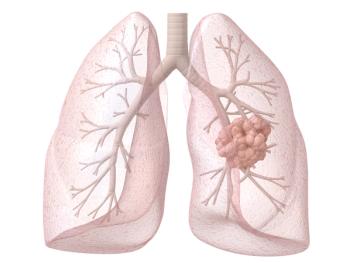
Oncology On-The-Go Podcast: De-escalating Breast Cancer Treatment
Rakhshanda Rahman, MD, FRCS, FACS, emphasizes the importance of educating patients and physicians on the potential risks and benefits of new approaches and technologies involved in the de-escalation of breast cancer treatment.
Rakhshanda Rahman, MD, FRCS, FACS, interviewed with CancerNetwork® regarding advancements in the systemic and surgical de-escalation of breast cancer treatment, which include wire-free markers that help define the extent of a tumor during surgery.
Rahman, a professor of Breast Surgical Oncology at Texas Tech University Health Sciences Center and the medical director of UMC Cancer Center, discussed de-escalation techniques including cryoablation that may aid with de-escalation beyond surgery as well as challenges surrounding physicians’ understanding of how to use new technology and educating patients on the safety and benefits of treatment options.
Don’t forget to subscribe to the “Oncology On-The-Go” podcast on
Newsletter
Stay up to date on recent advances in the multidisciplinary approach to cancer.












































